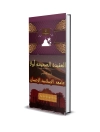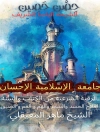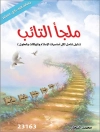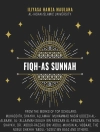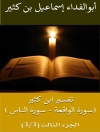A surprising number of Jews lived, literally and figuratively, ‚beyond the Pale‘ of Jewish Settlement in tsarist Russia during the half-century before the Revolution of 1917. Thanks to the availability of long-closed Russian archives, along with a wide range of other sources, Benjamin Nathans reinterprets the history of the Russian-Jewish encounter.
In the wake of Russia’s ‚Great Reforms, ‚ Nathans writes, a policy of selective integration stimulated social and geographic mobility among the empire’s Jews. The reaction that culminated, toward the turn of the century, in ethnic restrictions on admission to universities, the professions, and other institutions of civil society reflected broad anxieties that Russians were being placed at a disadvantage in their own empire. Nathans’s conclusions about the effects of selective integration and the Russian-Jewish encounter during this formative period will be of great interest to all students of modern Jewish and modern Russian history.
Inhaltsverzeichnis
List of Maps, Illustrations, and Tables
Acknowledgments
Abbreviations
Introduction. The Russian-Jewish Encounter
PART I: THE PROBLEM OF EMANCIPATION UNDER THE OLD REGIME
1. Jews and the Imperial Social Hierarchy
2. The Genesis of Selective Integration
PART II. THE JEWS OF ST. PETERSBURG
3. Language, Ethnicity, and Urban Space
4. Conflict and Community
5. The Geography of Jewish Politics
PART III. JEWS, RUSSIANS, AND THE IMPERIAL UNIVERSITY
6. The University as Melting Pot?
7. A Silent Pogrom
PART IV. IN THE COURT OF GENTILES
8. The Judicial Reform and Jewish Citizenship
9. Ethnicity and Civil Society: The Russian Legal Profession
Conclusion. The Russian-Jewish Encounter in Comparative Perspective
Bibliography
Index
Über den Autor
Benjamin Nathans is Associate Professor of History at the University of Pennsylvania. He edited the Russian-language Research Guide to Materials on the History of Russian Jewry (Nineteenth and Early Twentieth Centuries) in Selected Archives of the Former Soviet Union (1994), compiled by G. M. Deych.


